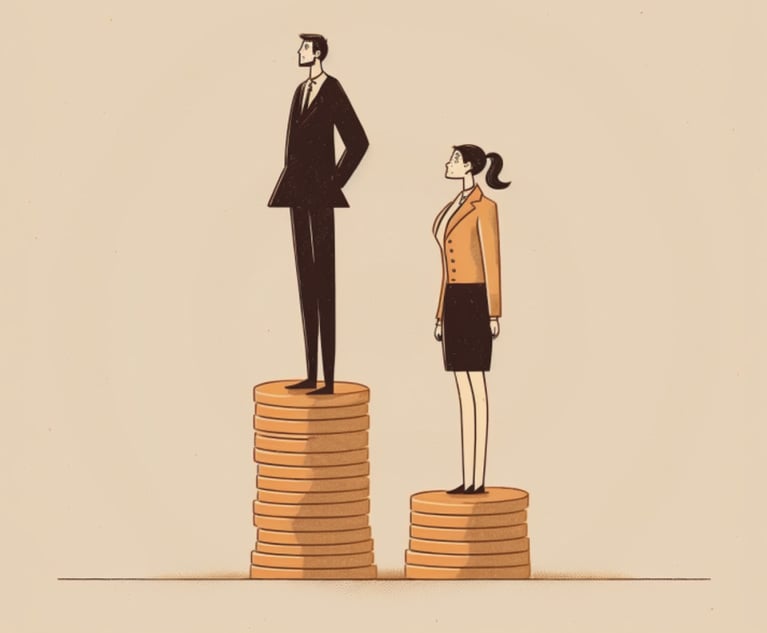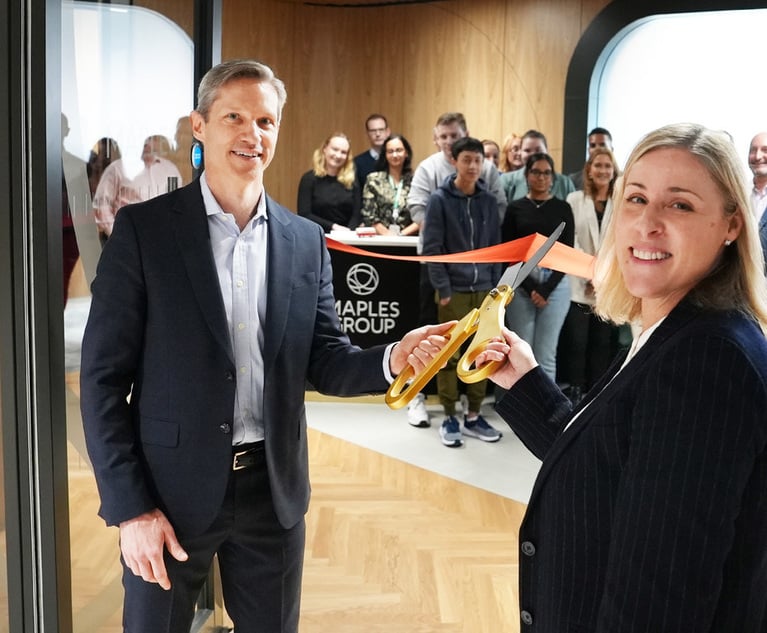Burnout continues to be a major issue for the legal industry across many levels of seniority. In May, legal career coach former Clifford Chance lawyer Tami Irokawa McGonical called the uptick she has seen in burnout in the profession as “devastating”. Many associates have left the profession entirely, often due to their own feelings of burnout.
It is easy to attribute burnout purely to a culture of long working hours, and indeed, in the case of many lawyers, it is almost certainly the principal contributing factor. From my coaching work I know that many lawyers not only work the hours demanded by the job, but carry on ‘working in their heads’ long after the last email has been sent. The perfectionist nature of many legal minds can result in high levels of rumination and worry, both of which are risk factors for burnout. It is worth taking time to consider other factors that can lead to burnout. Celebrated legal consultant Chrissie Wolfe left private practice partly owing to burnout from a lack of intellectual stimulation due to the repetitive nature of some of her work. Others have left because of burnout arising from poor supervisor relationships, or from being the recipient of constant micro-aggressions and feelings of exclusion. Others still have experienced burnout as a result of conflict related to their personal lives, and even when an EAP is available, have felt that taking up support might damage their reputation and perceived competence. In cultures lacking in psychological safety and inclusion, they have preferred to stay quiet. This has taken a toll on their physical, mental and emotional health. So one thing is clear; we need to reduce burnout in the legal sector, but how? Whilst remote working can pose challenges to inclusion, defaulting to the assumption that everyone will be better off working from the office as much as possible risks missing some important points. Research shows that many introverts have relished the opportunity to concentrate without interruption when working from home and are hesitant to spend too much time sharing an office again. Working from home reduces the micro-aggressions many diverse lawyers have to tolerate on their commute.









